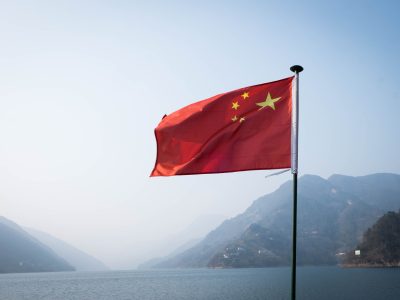
Pakistan’s recent discovery of oil and gas reserves, potentially among the largest globally, has sparked significant interest in its economic potential.
The newfound reserves could transform the country’s energy landscape, offering a potential substitute for expensive LNG and imported oil.
However, despite the promising outlook, global oil companies remain hesitant to invest in exploration efforts.
Oil companies concerned about security in Pakistan
The primary barrier to exploration is not the scale of the investment—estimated at $5 billion—but rather serious security concerns.
Musadik Malik, Pakistan’s Petroleum Minister, highlighted these risks in a July parliamentary committee meeting.
“In regions where companies seek oil and gas, substantial resources must be allocated for the security of employees and assets,” he explained.
Security issues have been underscored by recent violent incidents, including a suicide attack that killed five Chinese engineers and a militant attack on the Gwadar Port Authority complex, both highlighting the perilous conditions for foreign workers.
These threats have influenced major oil companies’ decisions, such as Shell’s move to sell its Pakistan operations to Saudi Aramco in June 2023.
As global oil firms remain cautious, Pakistan’s search for partners to exploit its reserves increasingly turns to China.
Although China has a historically strong political relationship with Pakistan and may exhibit a higher risk appetite, recent security incidents involving Chinese assets could complicate its willingness to invest.
Additionally, Pakistan may need to seek further collaboration with Saudi Aramco to fully leverage its oil and gas potential.
The country is engaged in ongoing discussions with both Chinese and Saudi stakeholders to advance this goal, as confirmed by Malik.
Pakistan relies on imports for energy requirements
Currently, Pakistan relies heavily on imports to meet its energy needs, including 20% of its coal, 29% of its gas, 50% of its liquefied petroleum gas (LPG), and up to 85% of its oil requirements.
This dependency underscores the urgency of developing its domestic reserves but also the challenges posed by security issues and international investment dynamics.
While Pakistan’s vast oil and gas reserves offer significant promise, the reluctance of global oil companies to invest due to security concerns presents a formidable obstacle.
The country’s reliance on imports further accentuates the need for strategic partnerships to unlock its energy potential and achieve greater energy independence.
The post Oil giants hesitant to tap Pakistan’s massive new reserves due to security concerns appeared first on Invezz









